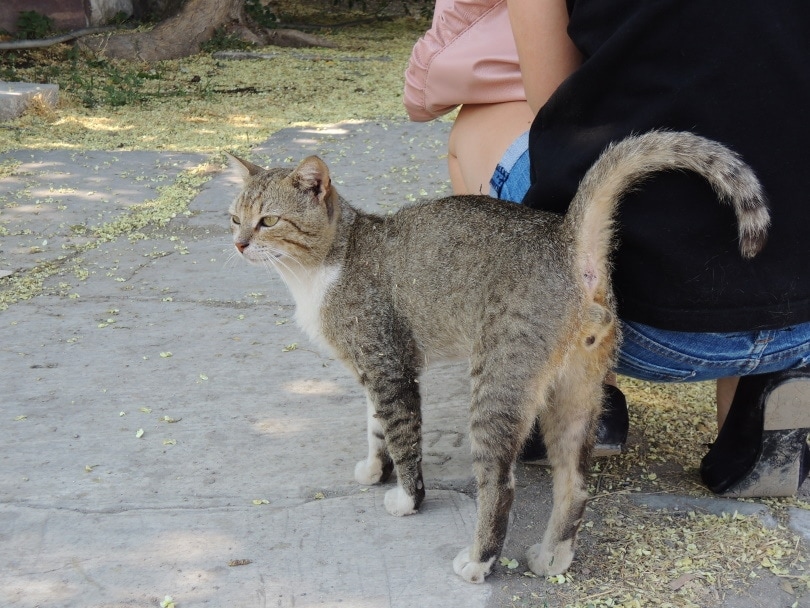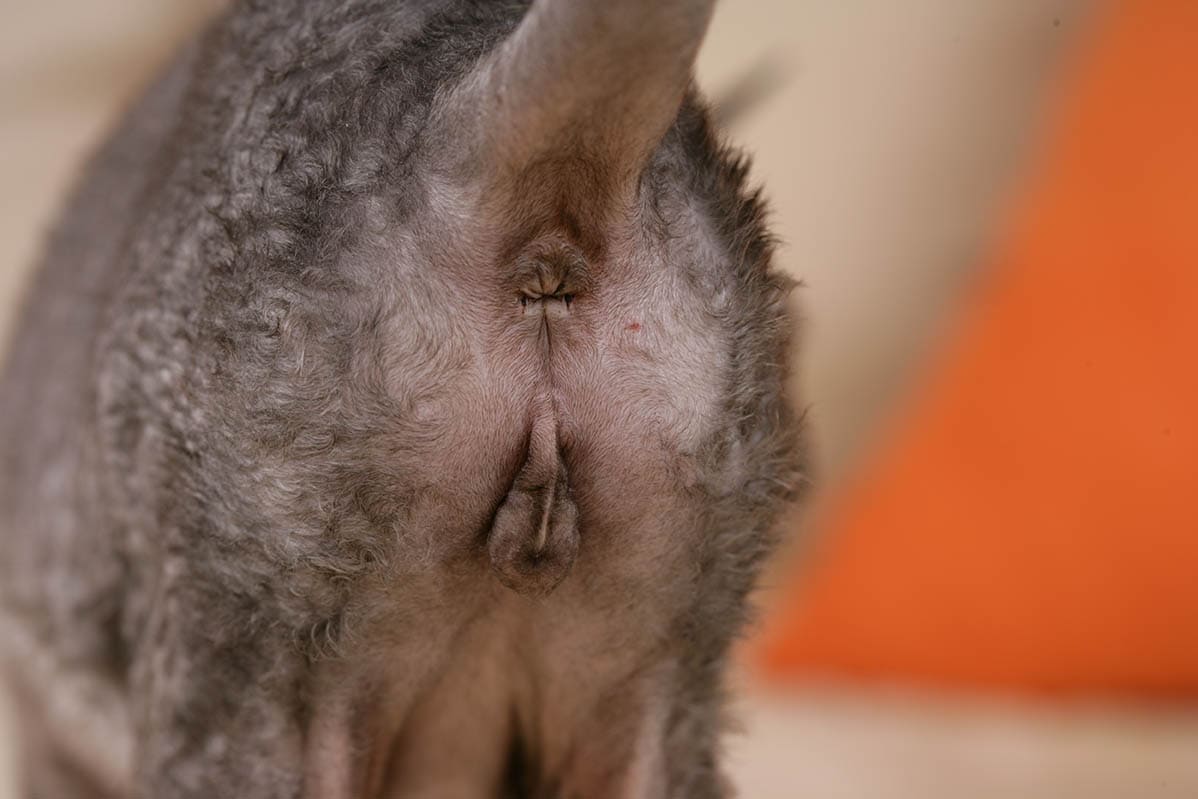Can Cats Drink Chocolate Milk? Vet-Reviewed Health Risks
Updated on
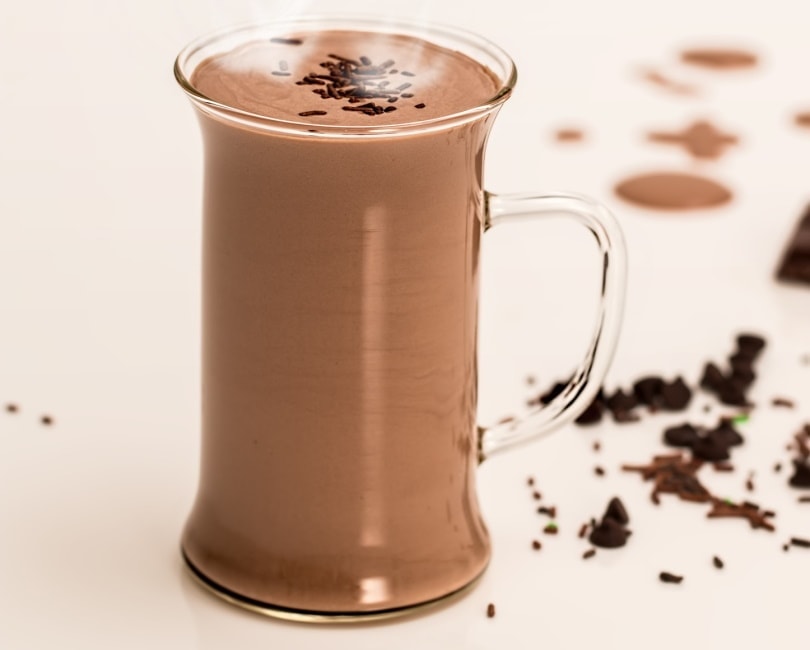
Stereotypically, cats love milk. We’ve all seen them drink milk in the movies. You may have even offered your cat some milk yourself. You may have considered giving your cat chocolate milk, too. After all, it’s even tastier than regular milk! But this is not safe at all and is never recommended. Cats should never drink chocolate milk.
Cats become lactose intolerant after their first few weeks of age. They aren’t supposed to drink milk into adulthood, so they will often get sick after drinking milk once they are weaned. This is often just a short-term sickness, usually involving gastrointestinal upset, presenting with discomfort, vomiting, and diarrhea. Some cats react more negatively than others. Some may not get sick at all, while others may have digestive upset for days to come.
Chocolate is toxic to cats, and it adds quite a bit of sugar and extra ingredients to the milk. Sugar may not be such a big deal to adult humans, but it can become a problem for cats, as they are not meant to consume sugar in their diets. Even just a bit of sugar can upset a cat’s digestive system and stomach. Over time, too much sugar can cause chronic health problems. Chocolate milk can be hazardous in certain situations.
 Can Chocolate Milk Kill Cats?
Can Chocolate Milk Kill Cats?
Chocolate—and more specifically, cocoa—is toxic to cats. Chocolate milk contains cocoa, though it is diluted with sugar and milk, usually around 1% of the content. Therefore, it would take quite a bit for your feline to get seriously sick. Baking chocolate and dark chocolate can cause significantly more harm to your feline.
Watered-down chocolate is not as dangerous as other types of chocolate. This does not mean that giving your cat chocolate milk is okay, of course. But if your cat got into your chocolate milk, you shouldn’t be concerned with them getting sick from the chocolate alone. Instead, the cat is more likely to experience gastrointestinal issues from the lactose and added sugars. Keep a close eye on them, and to be safe, take them to the vet.
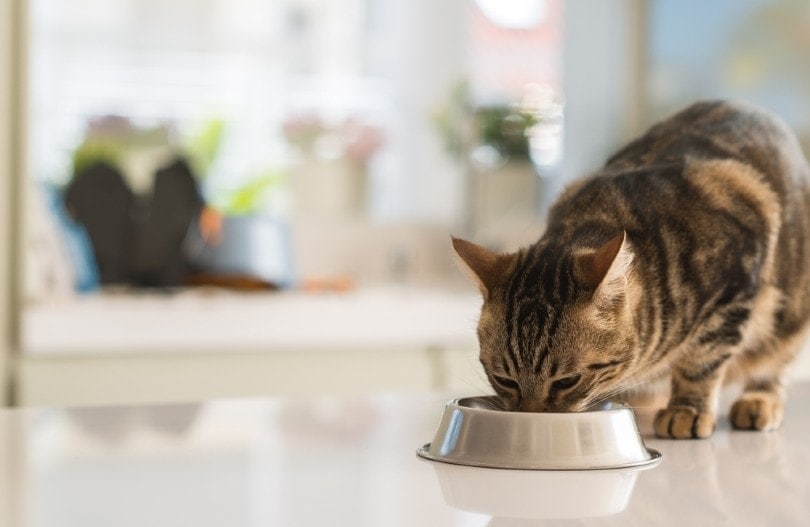
What Are the Downsides of Feeding Your Cat Chocolate Milk?
There are many downsides to feeding your cat chocolate milk. First, most cats are lactose intolerant after a few months of age. After weaning, they stop making the appropriate enzyme to break down lactose. They weren’t made to drink milk very far into adulthood for this reason.
After they grow out of drinking milk, cow milk will often cause digestive problems. Some felines will have an upset stomach and vomit after drinking a substantial amount of milk. Cats have different levels of sensitivity, however. Some may be able to drink before becoming sick, while others may have difficulty drinking even a tiny amount.
Diluted or not, feeding your cat food containing a toxic ingredient should be avoided at all costs. On top of that, milk is substantially high in fat. Cats need fat to survive, but there can be too much of a good thing. A cat’s primary nutrition should have high-quality animal proteins, and excessive fats will make them overweight.
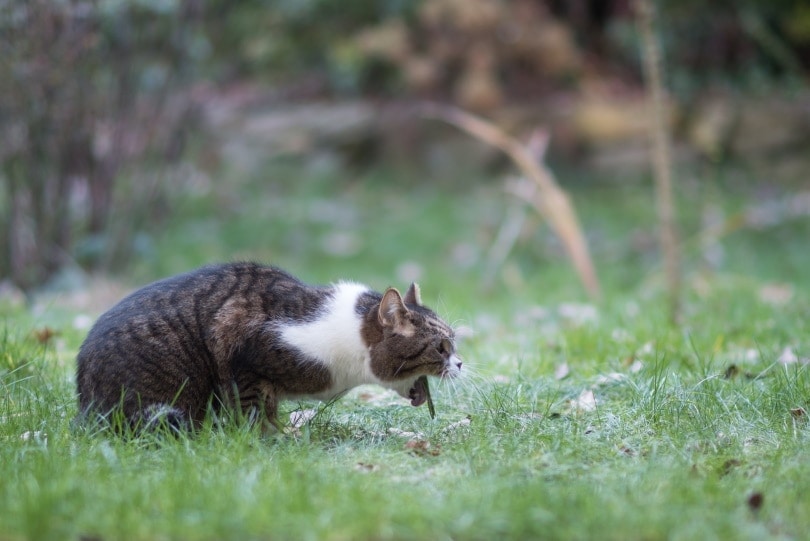
Chocolate milk includes extra ingredients when compared to regular milk. The more problematic ingredient is sugar. Chocolate milk includes too much sugar. While sugar may not be a terrible deal for humans, cats are much smaller. Therefore, even a little added sugar can be highly harmful to cats.
Furthermore, cats did not evolve to eat large amounts of carbohydrates, including sugar. Therefore, they don’t crave milk for the extra sugar. Instead, they crave the fat. Therefore, they don’t particularly need (or want) the extra sugar in the chocolate milk, anyway.
What Are the Benefits of Feeding Chocolate Milk to Cats?
There are no benefits of feeding chocolate milk to cats. It contains many dangerous ingredients, including cocoa, lactose, and all the extra sugar. While milk has calcium, there are better ways for felines to get it than drinking chocolate milk. Generally, cat food provides everything that your feline needs to thrive.
If your vet reports that your cat needs additional calcium, there are countless supplements and other cat-safe options. In nature, cats would get the appropriate amount of calcium from consuming their prey’s bones, organ tissues, and meat. Under human care, they can typically get enough from their complete and balanced diet.
Sometimes, health problems or situations like pregnancy and lactation may cause the cat to need more calcium than usual and, thus, require a supplement. If this happens, your vet will recommend a calcium supplement. Milk is typically not used or recommended.

Are There Any Alternatives to Chocolate Milk?
Generally, cats should not drink anything but water. A source of fresh water constantly available is all that the average cat needs. However, keep in mind that in the wild, cats would get most of their moisture from their prey. Under human care, cats may not get the correct amount of moisture if they only eat dry food.
Furthermore, some felines may need to drink more due to health conditions. For instance, urinary tract problems are often prevented with more hydration. If your cat needs extra hydration, it is often recommended to add moisture-rich foods like fresh or wet cat food to their diet. You can also try to entice them with cat-safe bone broth prepared without onions or garlic.
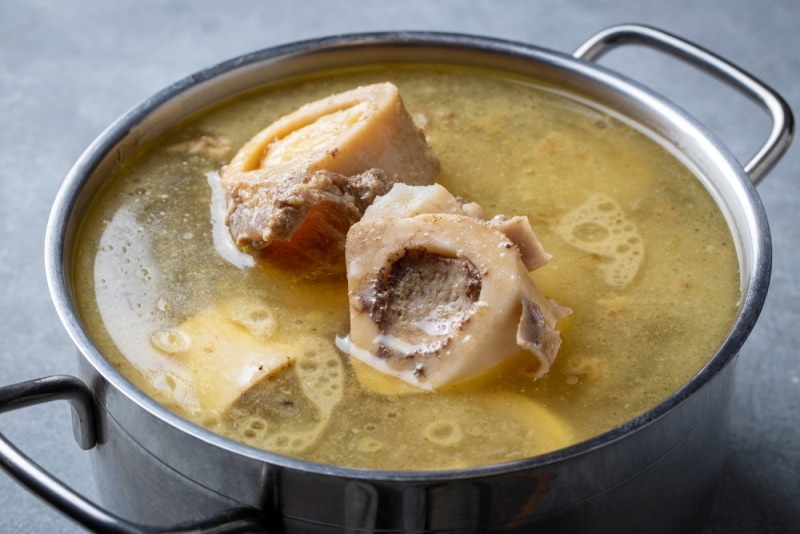
 Final Thoughts
Final Thoughts
Chocolate milk is generally not recommended for cats. It is unnecessary for their nutrition and has dangerous ingredients. Chocolate, lactose, and high amounts of sugar are all included in chocolate milk. We don’t recommend giving chocolate milk to your cat on any occasion. Cats are often lactose intolerant and don’t need all the extra sugar.
While diluted, the cocoa content is also a red flag because it is a toxic ingredient for cats. If your cat needs extra hydration, there are better options. Speak to your vet if you think that your feline needs to drink more water.
See also:
Featured Image Credit: Steve Buissinne, Pixabay

 Can Chocolate Milk Kill Cats?
Can Chocolate Milk Kill Cats?
